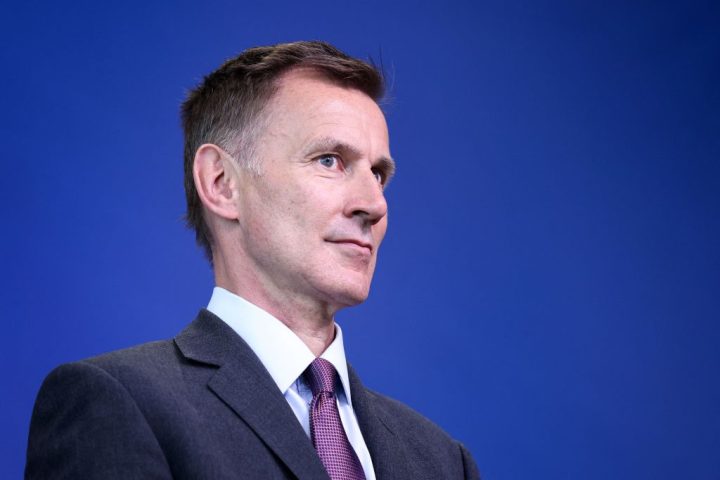‘We know it is painful, especially with inflation at what it is. But there really is no option other than to ask you low-paid workers to contribute a little more in tax so that Rishi Sunak and his wife, when the time comes, can pass on a bit more of their £730 million wealth to their daughters.’
That is, to put it bluntly what Jeremy Hunt will be telling the nation if he does what he is reported to be about to do in the Autumn Statement and cut inheritance tax (IHT). One of the suggestions is that he may halve the rate to 20 per cent.
Sorry, inheritance tax is just the wrong tax to be cutting
I am all for low taxes, and I am certainly not in favour on punitive levies on inheritance or anything else, but sorry, inheritance tax is just the wrong tax to be cutting – at a time when the government has drawn millions more into tax system by freezing personal allowances. Hunt and Sunak, perhaps, have been persuaded by polls that claim IHT is the most hated tax in the country. But does he really think that low-paid workers, not least those who know there is little wealth for them to inherit, would rather see taxes cut for billionaires than be allowed to keep a bit more of their wages?
Only a tiny percentage of estates pay IHT anyway. The argument that it amounts to double taxation is absurd. All money is taxed multiple times as it passes through the economy. I pay my plumber out of taxed income; he then pays tax, as does the café where he buys his bacon butty. Actually, most of the money being inherited right at the moment is a rare example of money that has not previously been taxed: it is wealth that has been conjured out of thin air in the form of capital gains on main homes.
The Conservatives tried this before. In 2010 they went into the election threatening tax rises for most of us, and just one tax cut: of inheritance tax. It was so popular a combination of policies that they failed to win an overall majority, in spite of Labour’s fortunes collapsing as a result of the financial crisis. Fortunately, the Lib Dems had a far better tax policy that ended up being adopted by the coalition: sharply raising the personal tax allowance so as to take millions out of the tax systems altogether and thus giving the low-paid a significant boost. That is what the freezing of personal tax allowances is now throwing into reverse.
The UK public may say they don’t like IHT, but my bet is that they will turn out to have a far stronger dislike of brazen unfairness. If the Conservatives really want to go into the next election offering to cut IHT after having jacked up taxes for ordinary workers they will deserve to go down to an even bigger defeat than the polls currently indicate. They will certainly have to do without my vote.







Comments